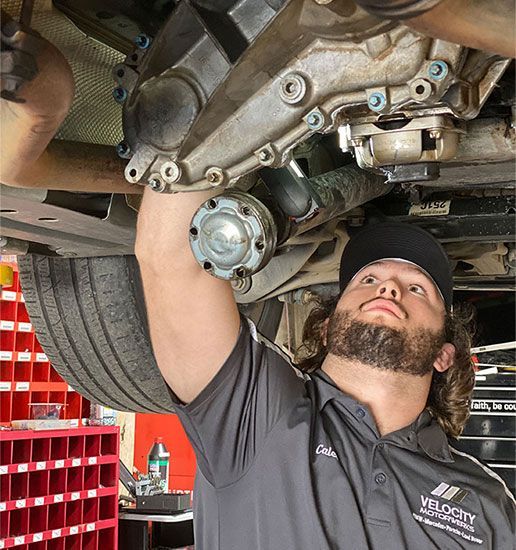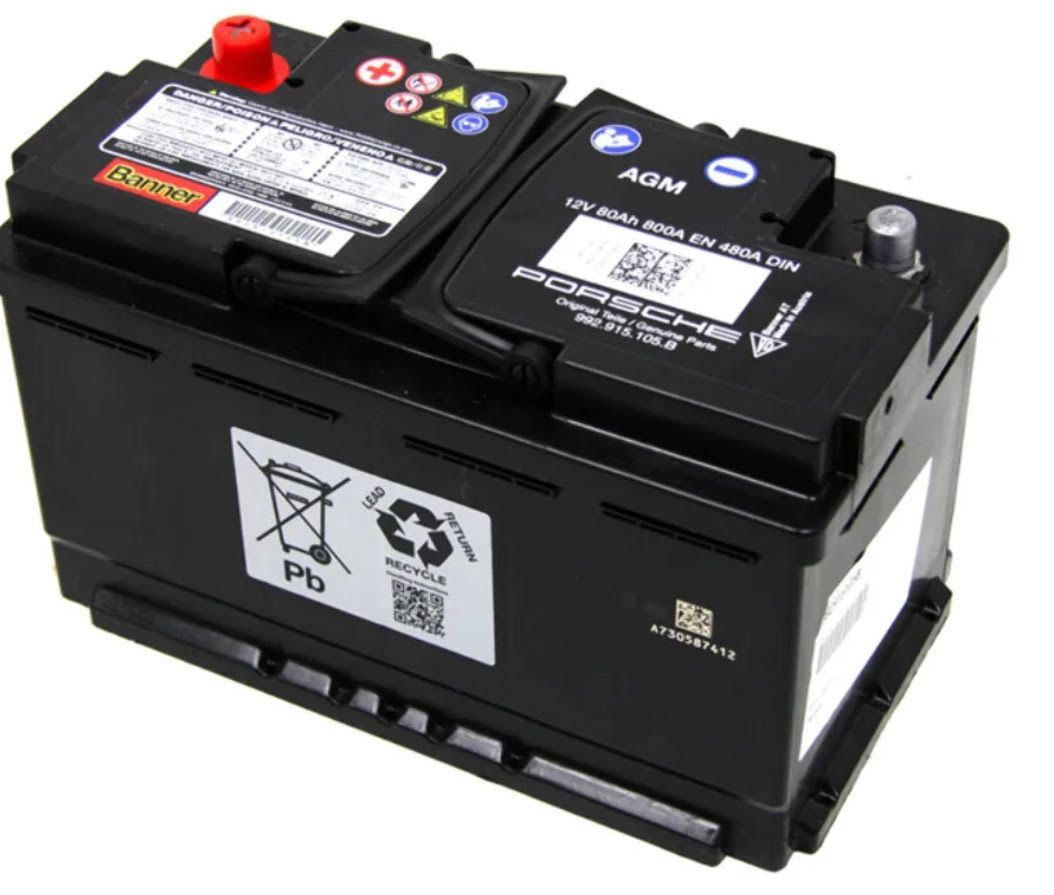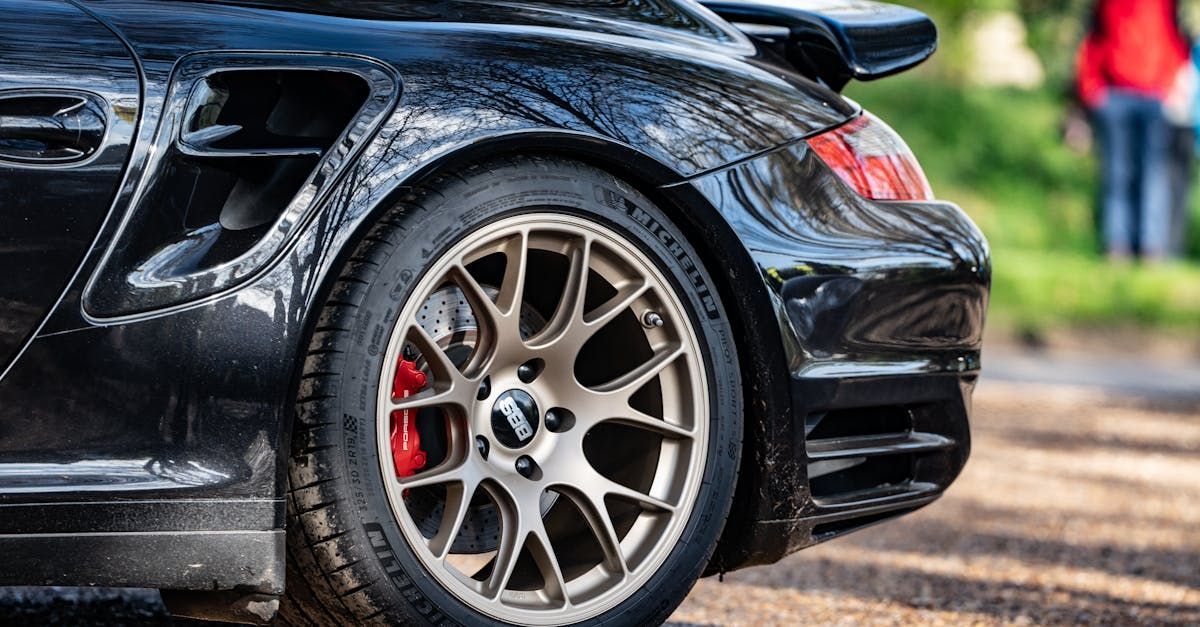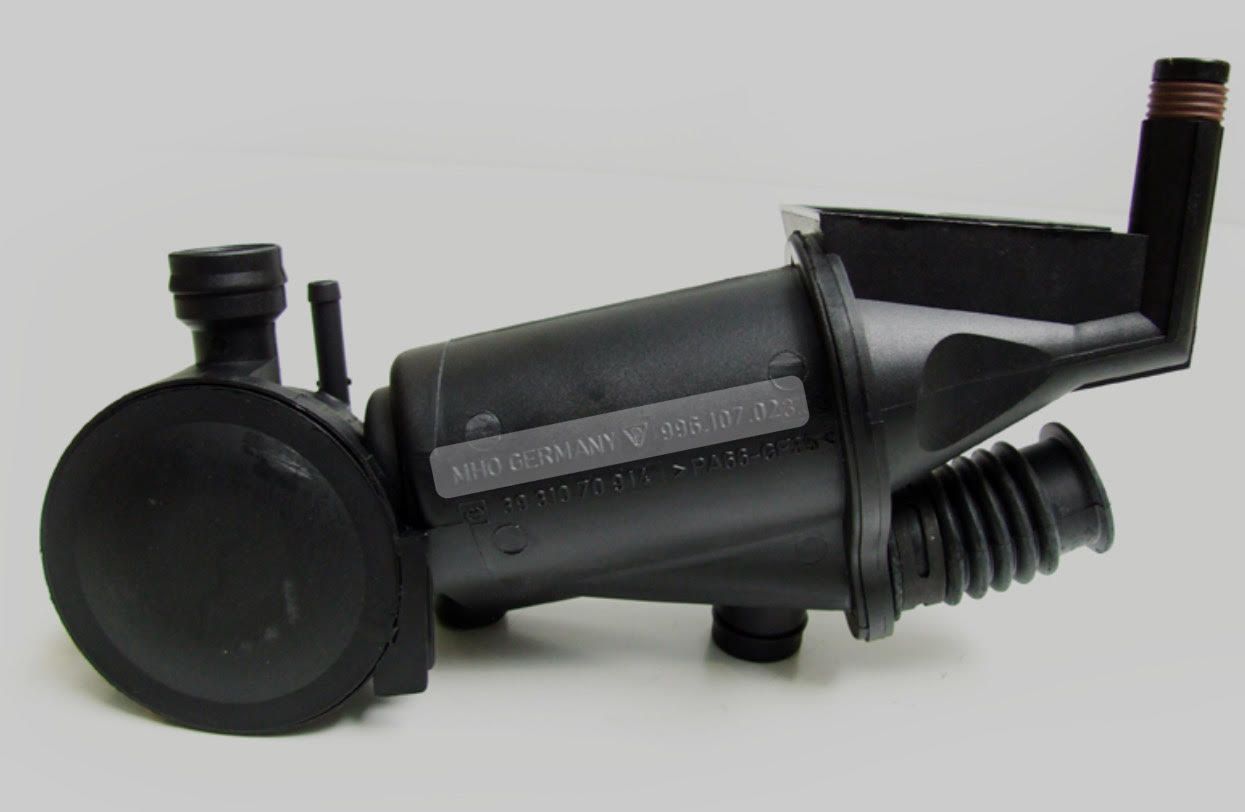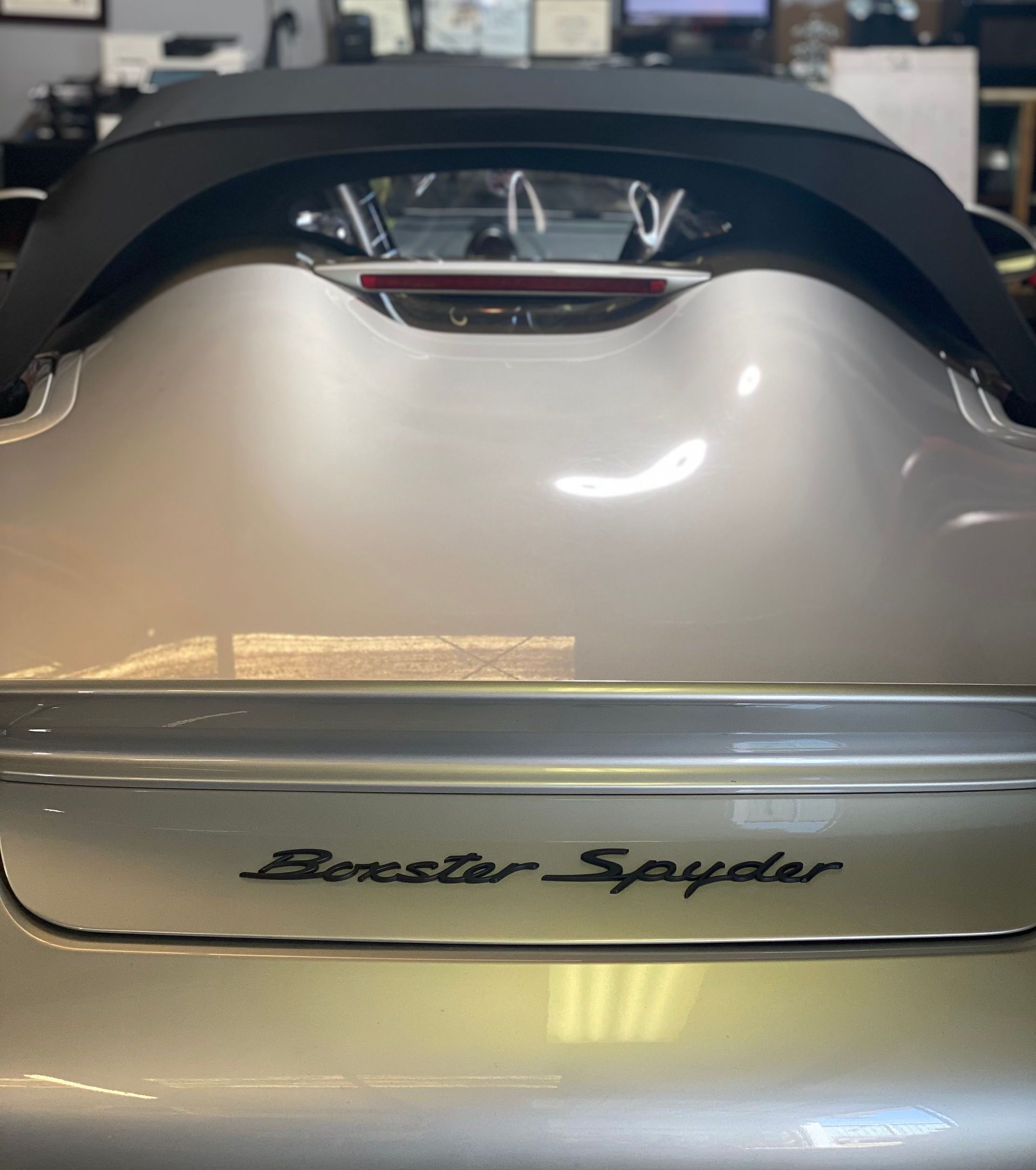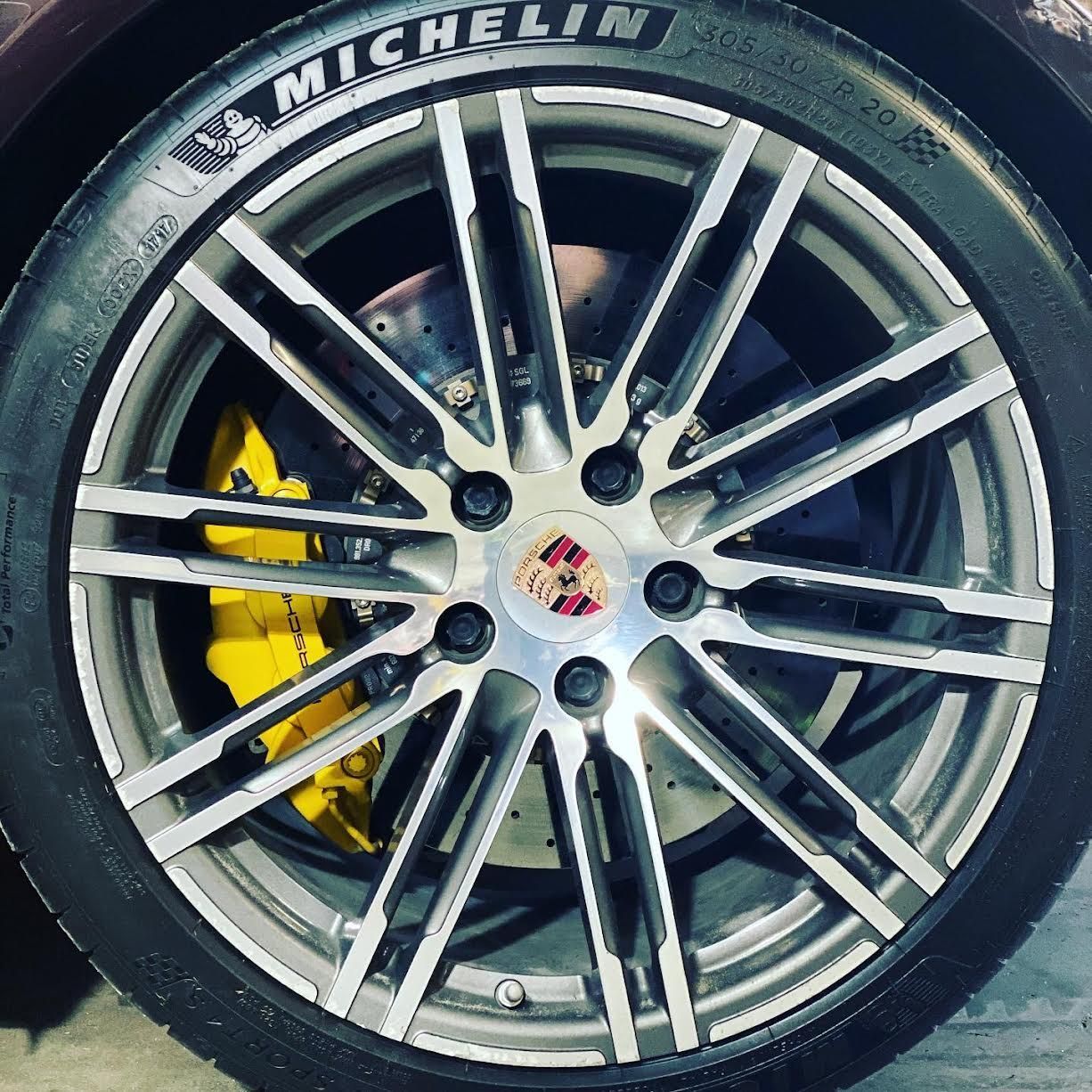Loading ...
Missing business hours data / Error occurred while getting the data.
LiFePo4 Batteries in Your Porsche
Porsche and the Future of LiFePO4 Batteries: A New Era in Electric Vehicles
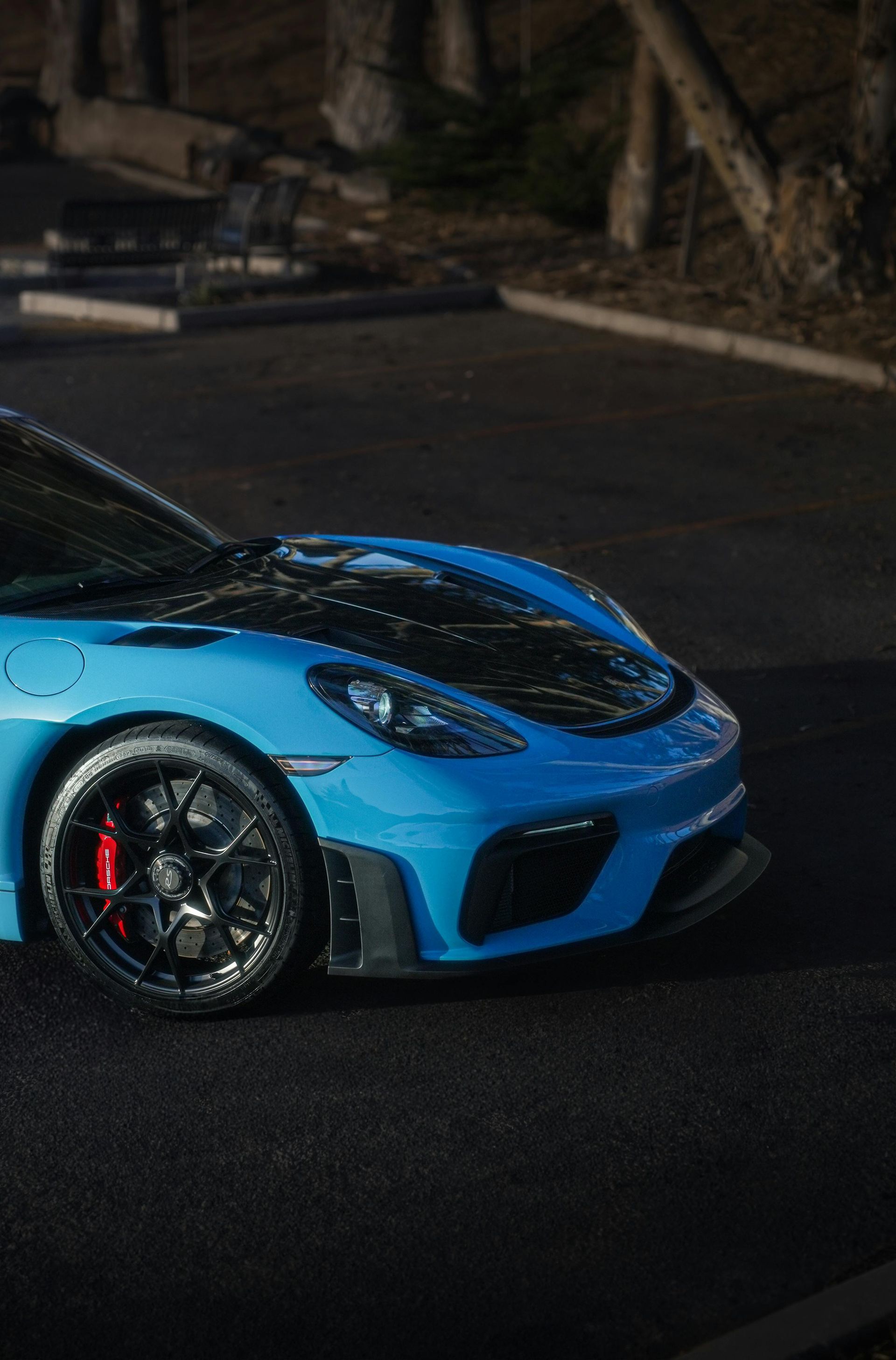
As the automotive industry shifts towards sustainability and electrification, Porsche, one of the most iconic names in luxury sports cars, is leading the charge with cutting-edge technology. While Porsche’s reputation for high-performance vehicles is well established, the company is also at the forefront of innovation in the electric vehicle (EV) sector. One area of particular interest is the adoption of lithium iron phosphate (LiFePO4) batteries in their electric vehicles.
What is LiFePO4?
Before diving into how Porsche is using LiFePO4, let's first understand what this battery technology is. LiFePO4 (Lithium Iron Phosphate) is a type of lithium-ion battery chemistry that has gained popularity in recent years due to its safety, efficiency, and longevity. LiFePO4 batteries are often seen as a more stable and environmentally friendly alternative to other lithium-ion chemistries, such as nickel-cobalt-manganese (NCM).
The key benefits of LiFePO4 batteries include:
- Safety: They are less prone to thermal runaway and combustion, making them inherently safer than other lithium-ion batteries.
- Longer lifespan: LiFePO4 batteries tend to have a longer cycle life, meaning they can endure more charge and discharge cycles before losing capacity.
- Stability: They offer high stability in high temperatures, which is ideal for performance-driven applications.
- Environmental Impact: With fewer rare earth materials like cobalt, LiFePO4 is more sustainable.
Porsche’s Interest in LiFePO4 Batteries
Porsche has been continuously developing its EV lineup with an eye on the future, balancing performance and sustainability. Initially, the company relied heavily on more traditional lithium-ion batteries for their electric vehicles, especially for their flagship models like the Taycan. However, Porsche has also been exploring alternative battery technologies, including LiFePO4, to improve both performance and cost-efficiency.
One of the main reasons Porsche has turned to LiFePO4 batteries is to enhance the overall performance of its electric cars while keeping environmental considerations in mind. The Taycan, which is the brand’s first fully electric sports car, initially used high-performance NCM-based batteries. However, with the rise of LiFePO4 technology, Porsche saw the potential for greater cost-effectiveness and longevity.
How LiFePO4 is Revolutionizing Porsche’s EV Technology
Porsche's adoption of LiFePO4 batteries is particularly significant in several ways:
- Increased Range and Efficiency: With their excellent thermal stability and lower degradation over time, LiFePO4 batteries can maintain higher performance for longer periods. This means that drivers can expect better performance as their car ages, and potentially fewer battery replacements during the lifespan of the vehicle.
- Lower Cost: LiFePO4 batteries are often more affordable than other lithium-ion batteries because they use more abundant and less expensive raw materials. For Porsche, this translates into lower production costs, which could ultimately make their EVs more accessible to a wider range of customers.
- Faster Charging: One of the primary goals of the automotive industry is to reduce charging times for electric vehicles. LiFePO4 batteries charge more efficiently in certain conditions, which aligns well with Porsche’s commitment to reducing charging time in their electric sports cars. The result? More convenience for owners, and more time on the road.
- Performance Stability: Porsche is synonymous with high performance, and the LiFePO4 battery chemistry’s stable temperature management is an asset to performance-focused cars. By using LiFePO4 batteries, Porsche can continue to deliver the performance that its customers expect without sacrificing battery life or efficiency.
The Taycan and Future Models
The Porsche Taycan, the brand's first all-electric sports sedan, has proven that Porsche is serious about the electric future. The Taycan, equipped with a high-performance battery system, provides incredible acceleration, handling, and driving experience, while maintaining the Porsche ethos of precision engineering.
In 2023, Porsche announced that it would be incorporating LiFePO4 battery technology in future versions of the Taycan and other models in their electric lineup. These batteries are expected to offer improvements in cost and longevity, further solidifying Porsche’s commitment to sustainable mobility without compromising the driving experience.
What Does This Mean for the Electric Vehicle Market?
Porsche’s use of LiFePO4 technology could have broader implications for the entire EV industry. By embracing a more affordable, safe, and long-lasting battery technology, Porsche is setting a new standard for what electric vehicles can offer.
This move also signals a growing trend among automakers to diversify their battery chemistry choices, considering factors such as raw material scarcity, environmental impact, and vehicle performance. The more automakers adopt technologies like LiFePO4, the more likely it is that this chemistry will become a mainstream choice for electric vehicles.
Challenges and Considerations
While LiFePO4 has significant advantages, it is not without its challenges. One of the limitations of LiFePO4 batteries is their slightly lower energy density compared to other lithium-ion batteries like NCM. This means that, while they can be more efficient, the range of a car equipped with LiFePO4 might be slightly less than that of a car using a different chemistry, all else being equal. However, with advancements in technology and the ongoing evolution of electric vehicle design, these issues are expected to be addressed over time.
Additionally, as more manufacturers look to implement LiFePO4, the demand for high-quality, sustainable raw materials will continue to rise. Ensuring a reliable and environmentally responsible supply chain for these materials will be a critical factor in determining the long-term success of this battery technology.
Looking Ahead: Porsche’s Vision for the Electric Future
Porsche’s move towards LiFePO4 batteries is just one step in their broader vision of sustainability and electrification. The company has committed to becoming more sustainable and is working towards carbon-neutral production by 2030. By integrating next-generation battery technology like LiFePO4 into their electric vehicles, Porsche is taking strides toward making high-performance electric vehicles more affordable, efficient, and accessible to the masses.
For Porsche enthusiasts, this move represents the next chapter in the evolution of electric performance cars—combining the legendary driving experience with forward-thinking sustainability. As the technology improves and becomes more widespread, we can expect Porsche and other luxury automakers to continue to push the boundaries of what electric cars can achieve.
Conclusion
Porsche’s exploration of LiFePO4 batteries is an exciting development in the world of electric vehicles. By embracing this innovative battery technology, the brand is working to offer high-performance electric cars that are safer, more efficient, and more affordable than ever before. As we move closer to a sustainable future, Porsche is proving that the electric revolution doesn’t mean sacrificing performance—it’s simply the beginning of a new era for driving enthusiasts worldwide.
Make an Online Appointment
Click the button below to proceed.
CALL US NOW: (904) 467-0838
Loading ...
Missing business hours data / Error occurred while getting the data.
New Paragraph
Loading ...
Missing nap lines data / Error occured while getting the data.

